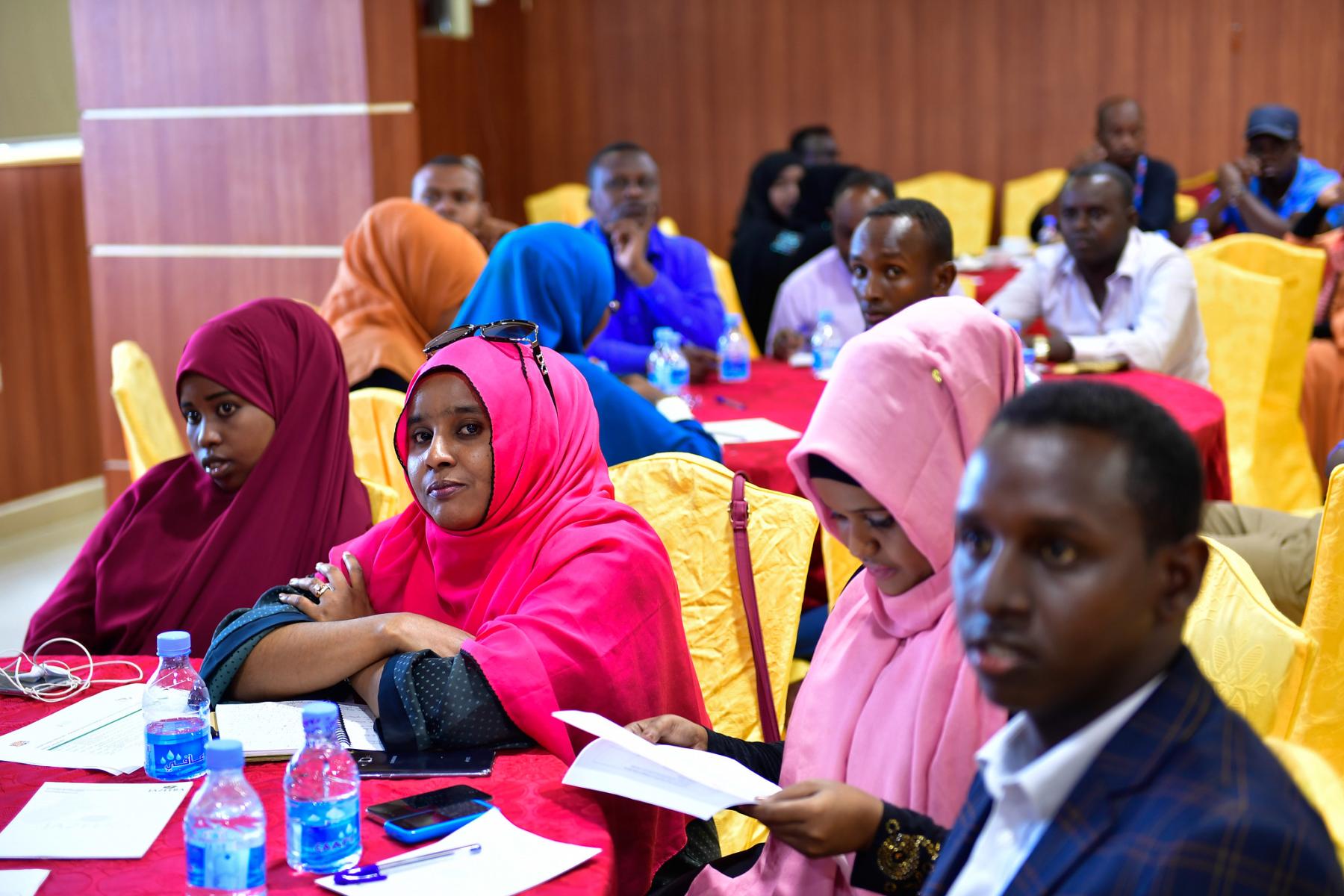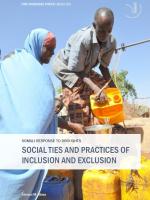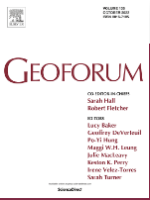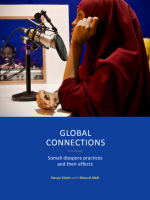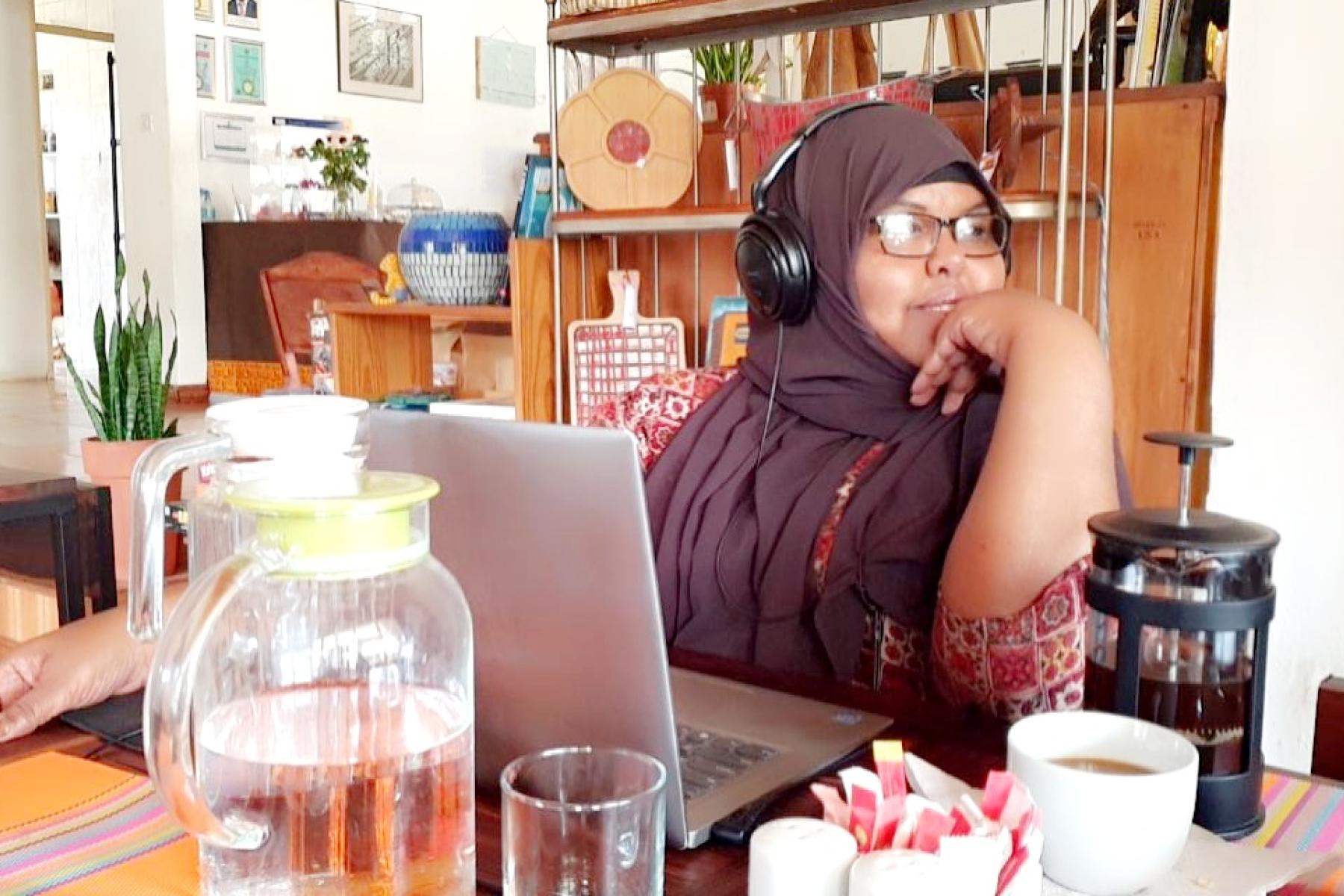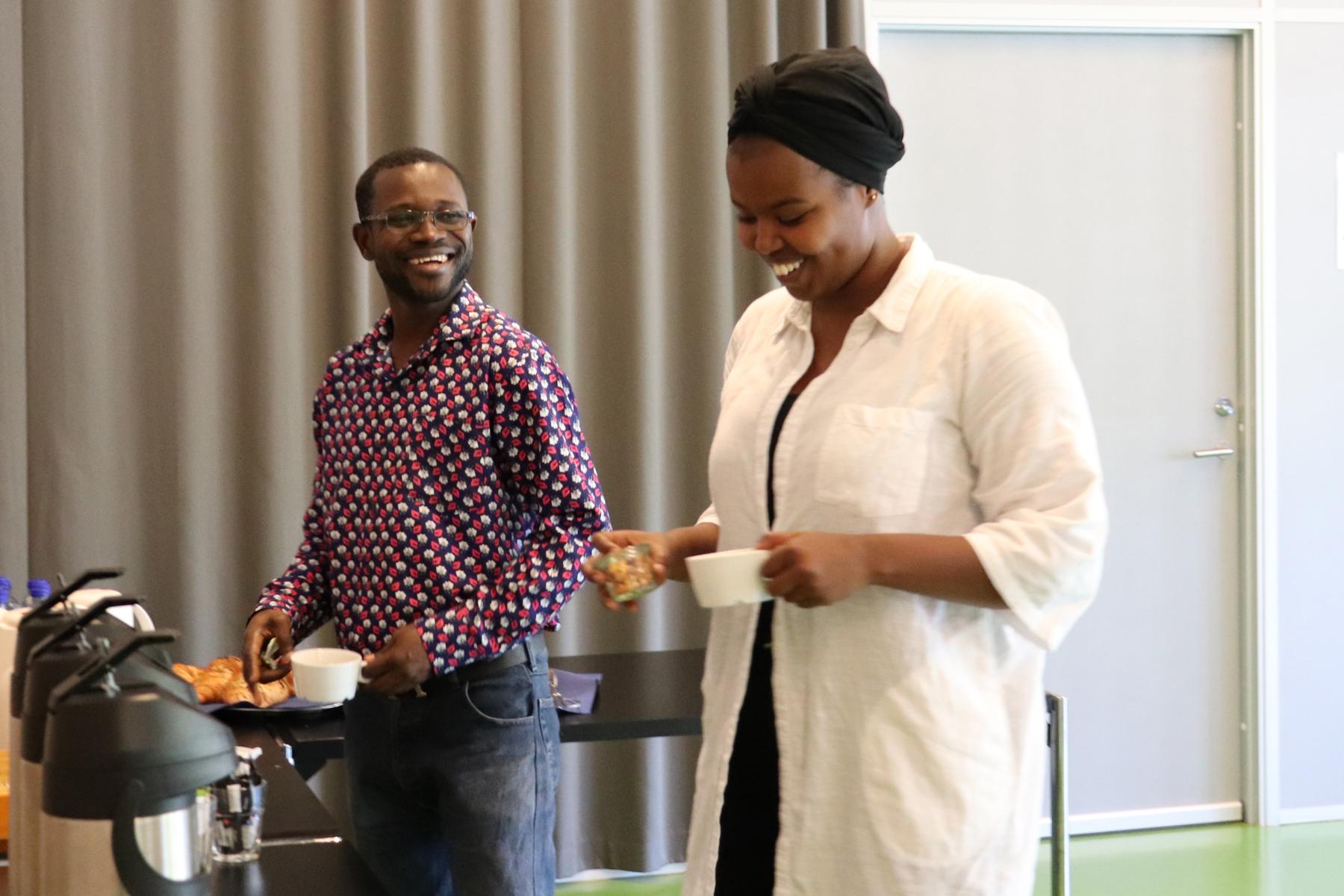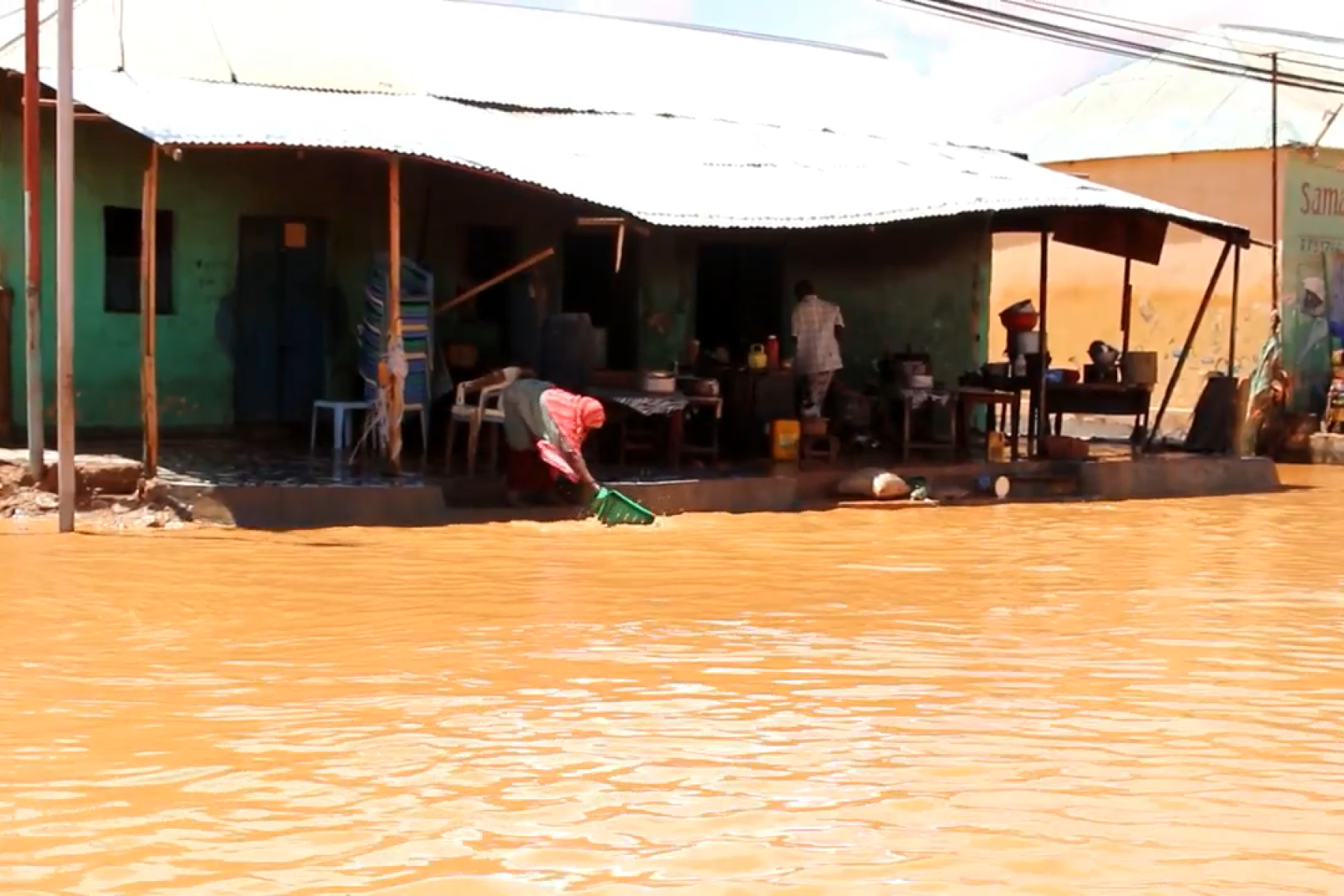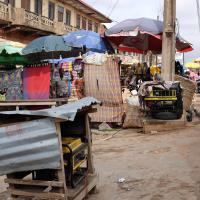Diaspora Humanitarianism in Complex Crises (D-Hum)
This collaborative research project explores how Somali diaspora groups mobilize, channel and deliver humanitarian assistance to Somalia during complex humanitarian crises.
Based on multi-sited fieldwork in Somalia, Kenya and Europe, D-Hum examines movement of goods, people and ideas, from crisis-affected areas, hubs for humanitarian agencies and diaspora activities, to settlement countries.
Theoretically, the project develops the concept of humanitarian infrastructures to analyze material forms of transport, communication systems and technologies as well as the institutions and social networks that facilitate humanitarian relief.
Diaspora groups have emerged as key humanitarian actors in situations of protracted displacement and conflict. They are often the first to assist in acute emergencies and remain engaged during lengthy and complex crises. Their remittances reach remote areas and hard-to-reach populations, surpassing humanitarian aid sent to fragile states six times. Analyzing such assistance is therefore vital to understand the dynamics of humanitarian crises.
Somalia is a critical case when it comes to the diaspora’s economic and political role. Due to its history of civil war and state collapse, Somalia is characterized by massive internal and international displacements. Today half of Somalia’s population is in acute need of assistance but access as well as financial means of humanitarian agencies remain limited. Connections with diaspora groups abroad therefore constitute a lifeline for local populations, particularly during emergencies.
The D-Hum research project analyses how movements of goods, ideas and people are facilitated, mediated and blocked between and in these sites through the concept of humanitarian infrastructures. Specifically, we will pay attention to gender and generation in these processes, and to the potentially contentious dimensions of diaspora interventions. Importantly, we include analysis of the effects of diaspora humanitarianism, including accountability towards crisis-affected populations and various donors.
D-Hum aims
- To provide theoretically and empirically grounded research on Somali diaspora humanitarianism and its infrastructures, as practiced and perceived from key sites and positions in Somalia, Kenya and Europe.
- To strengthen individual and institutional research capacities on diaspora humanitarianism and to enhance South-South and North-South research partnerships.
- To provide research-based tools for policy development on diaspora humanitarianism and enhanced collaboration between diaspora actors, the international humanitarian system and development agencies.
The D-Hum research project is organized in an international consortium with research partners in Kenya, Somaliland and Denmark. It is funded by a grant from the Danish Consultative Research Committee (FFU) as part of the development research funding provided by the Ministry of Foreign Affairs of Denmark, with additional funding from DIIS. It runs from between 2019 and 2024.
The consortium consists of the following partners:
Danish Institute for International Studies
Nauja Kleist, Senior Researcher (PI)
Peter Alexander Albrecht, Senior Researcher
Jethro Norman, Postdoc
Institute for Development Studies, University of Nairobi
Karuti Kanyinga, Director and Research Professor
Obadia Okinda, Senior Researcher
Sahra Ahmed Koshin, PhD Candidate, (Sahra Ahmed Koshin on returning home, finding peace & bliss)
Abdirahman Edle Ali, PhD Candidate
Fatima Dahir Mohamed, PhD Candidate
Rako Research and Communication Centre, Hargeisa
Mohamed Aden Hassan, Research Director
Ahmed Musa, Postdoc
Rift Valley Institute, Nairobi
Mark Bradbury, Executive Director
Forskning og aktiviteter
-
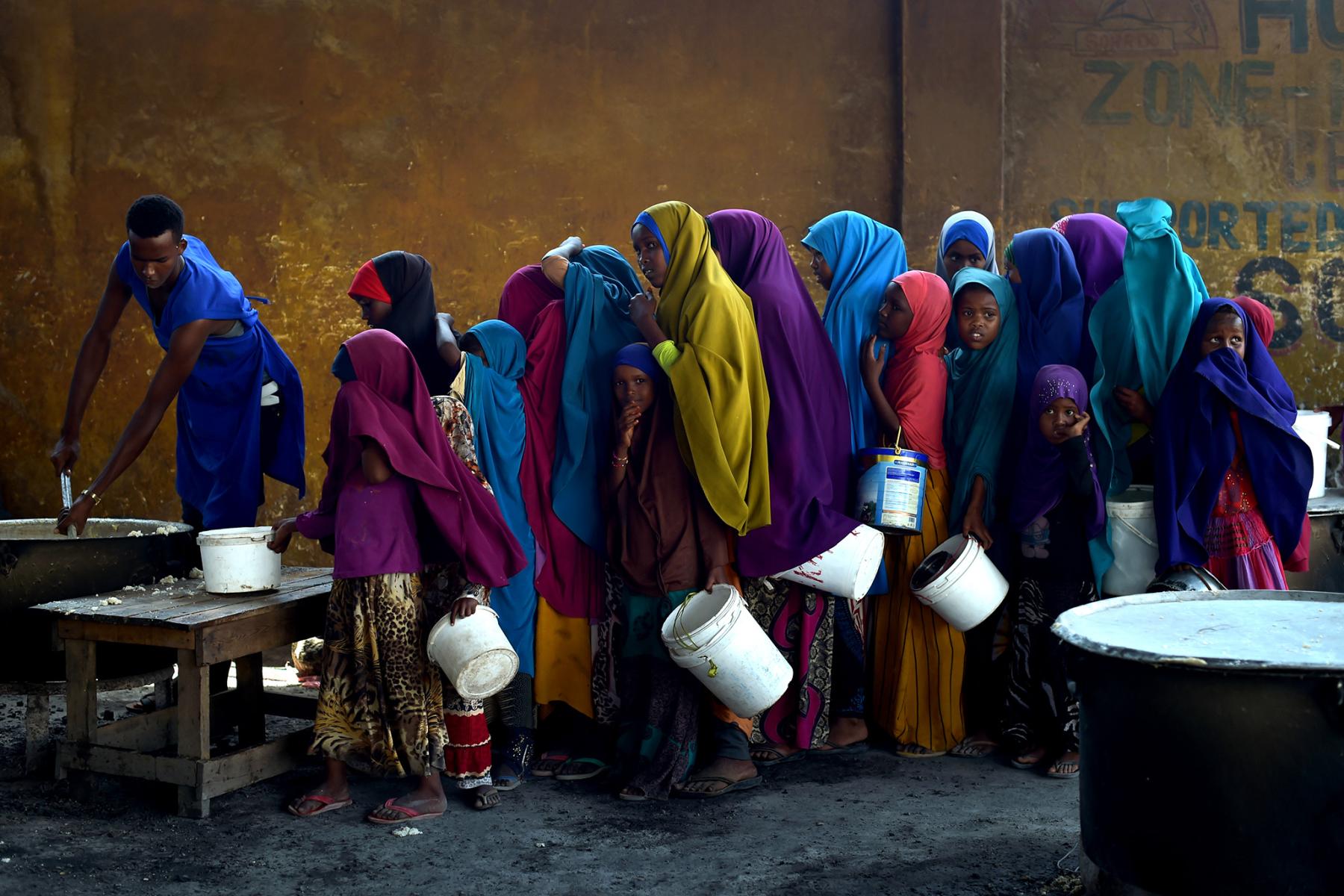 Photo/illustration by Photo by UN Photo/Tobin Jones copyright licenseTidsskriftsartikel2023Ahmed Musa & Nauja Kleist
Photo/illustration by Photo by UN Photo/Tobin Jones copyright licenseTidsskriftsartikel2023Ahmed Musa & Nauja Kleist -
DIIS Working Paper2023Somali responds to droughtsAhmed Musa
-
Billede/illustration af Jethro Norman, DIISTidsskriftsartikel2022Diasporic infrastructures of connectivity, circulation, and exchangeJethro Norman
-
Rapport2022Somali diaspora practices and their effectsNauja Kleist & Masud Abdi
-
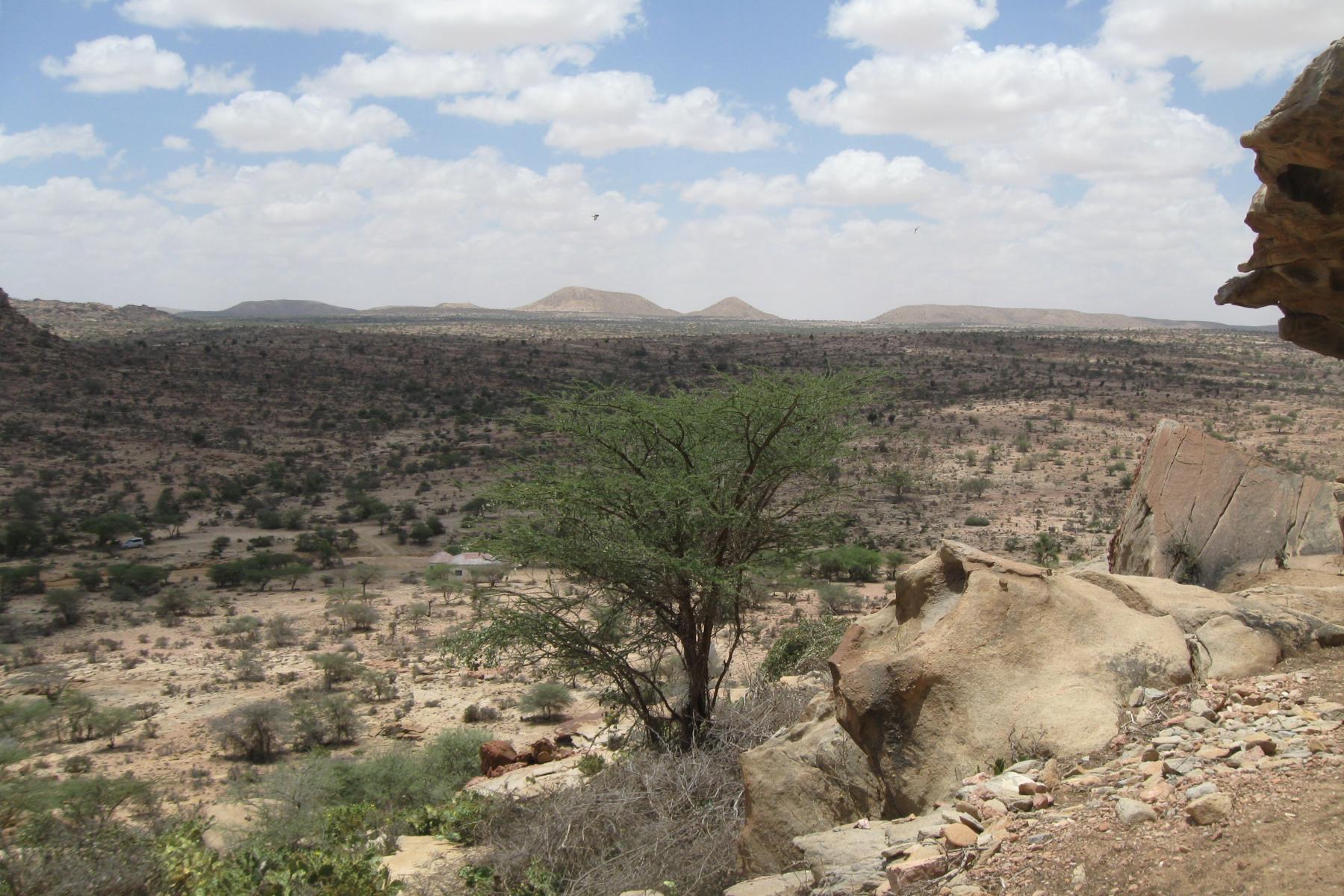 Photo/illustration by Vladimir Lysenko/Wikimedia Commons copyright licenseDigital publikation2021Some methodological considerationsNauja Kleist
Photo/illustration by Vladimir Lysenko/Wikimedia Commons copyright licenseDigital publikation2021Some methodological considerationsNauja Kleist
-
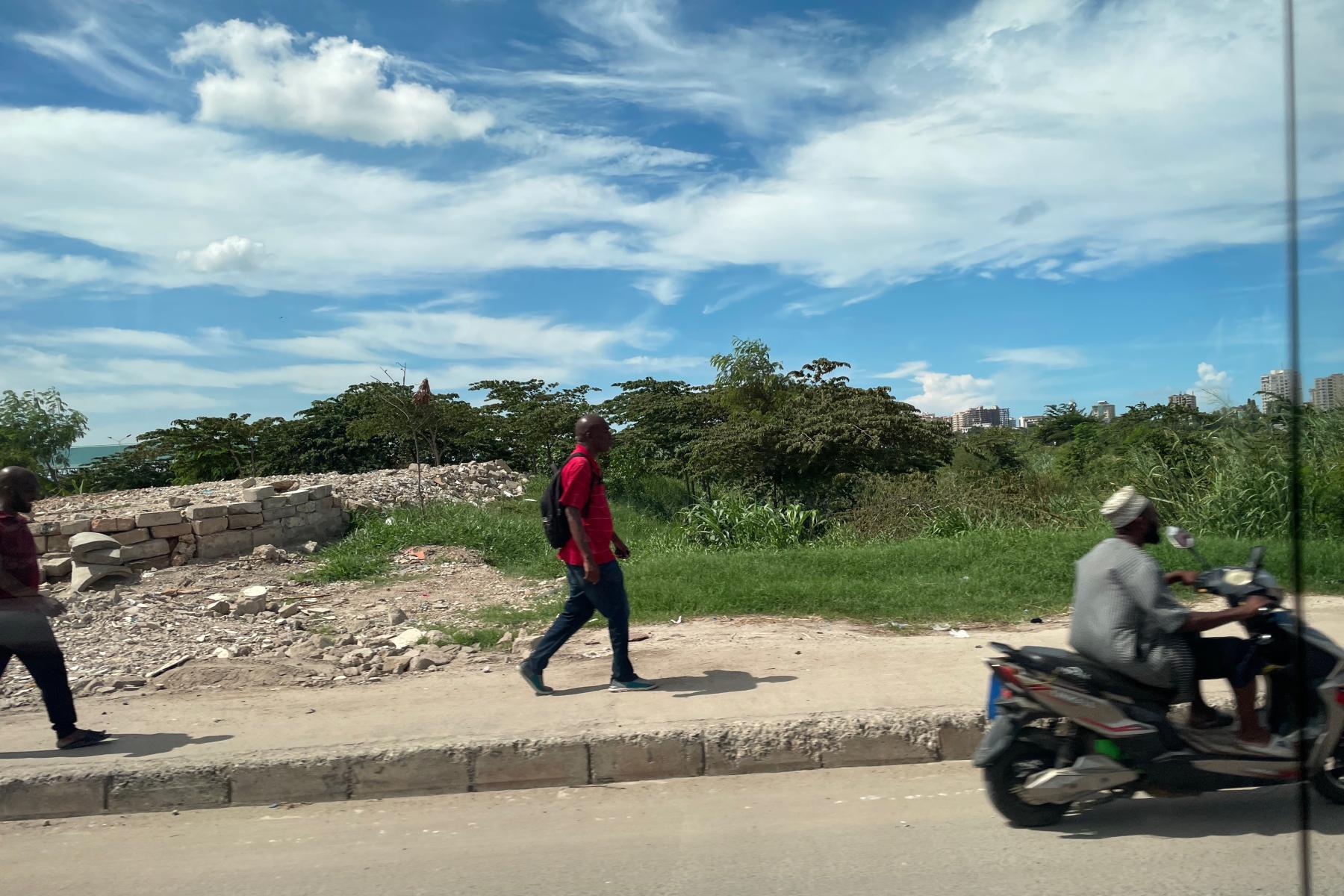 Photo/illustration by Everyday Humanitarianism in Tanzania (EHTZ)DIIS Comment2024Alexander Maxelon, Nauja Kleist & Lisa Ann Richey
Photo/illustration by Everyday Humanitarianism in Tanzania (EHTZ)DIIS Comment2024Alexander Maxelon, Nauja Kleist & Lisa Ann Richey -
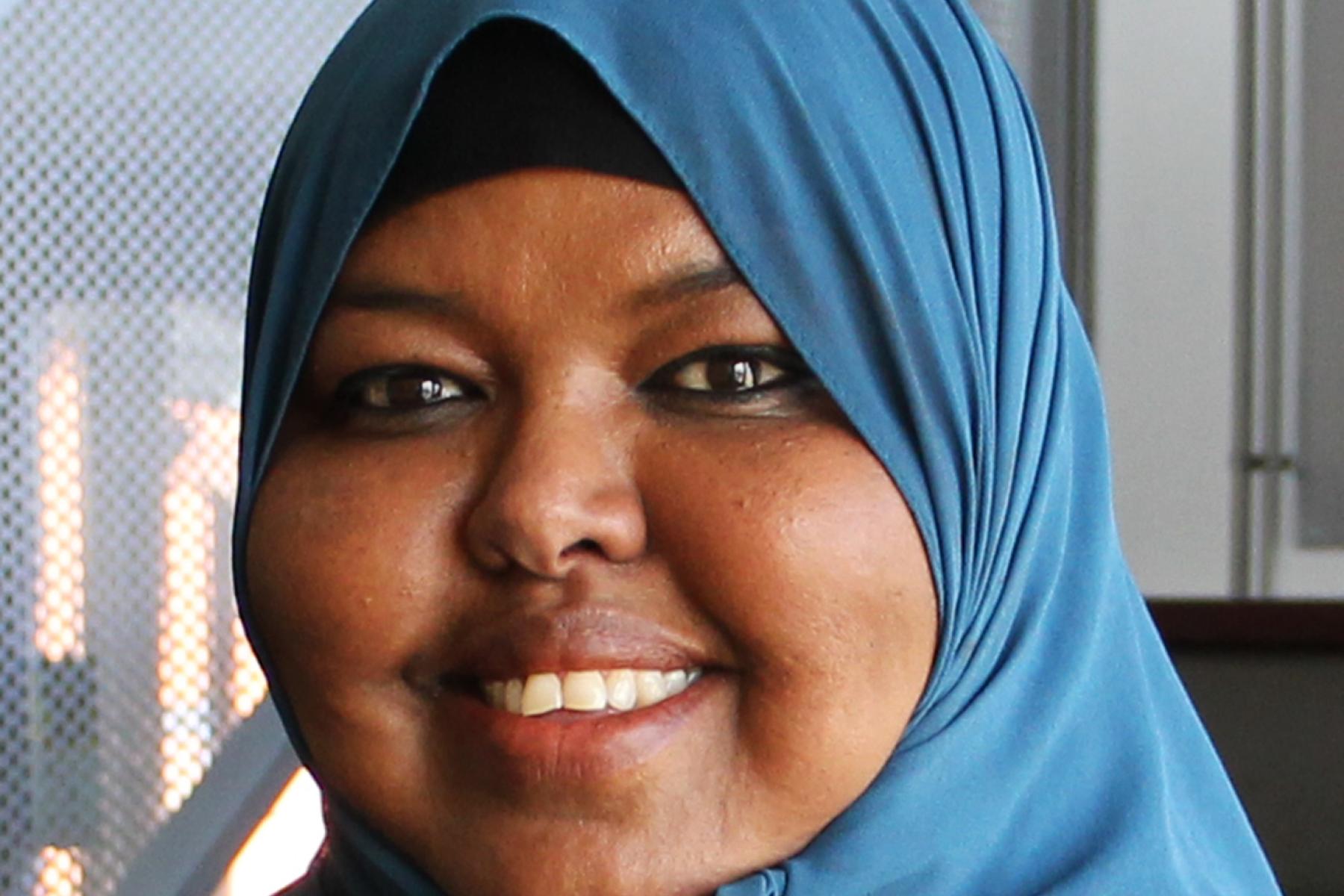
-
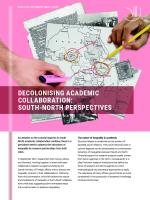 Photo/illustration by Rasmus Fly Filbert, http://rasmusfly.dk/DIIS Policy Brief2022South-North perspectivesAbdirahman Edle Ali, Alphonce Mollo, Eva Dzegblor , Fatima Dahiir, Iben Nathan, Jackson Wachira Waiganjo , Joanes Atela, Karuti Kanyinga, Kwesi Aning, Martin Marani, Mikkel Funder, Mustapha Abdallah, Nauja Kleist, Paul Stacey, Peter Albrecht, Peter Bembi…
Photo/illustration by Rasmus Fly Filbert, http://rasmusfly.dk/DIIS Policy Brief2022South-North perspectivesAbdirahman Edle Ali, Alphonce Mollo, Eva Dzegblor , Fatima Dahiir, Iben Nathan, Jackson Wachira Waiganjo , Joanes Atela, Karuti Kanyinga, Kwesi Aning, Martin Marani, Mikkel Funder, Mustapha Abdallah, Nauja Kleist, Paul Stacey, Peter Albrecht, Peter Bembi… -
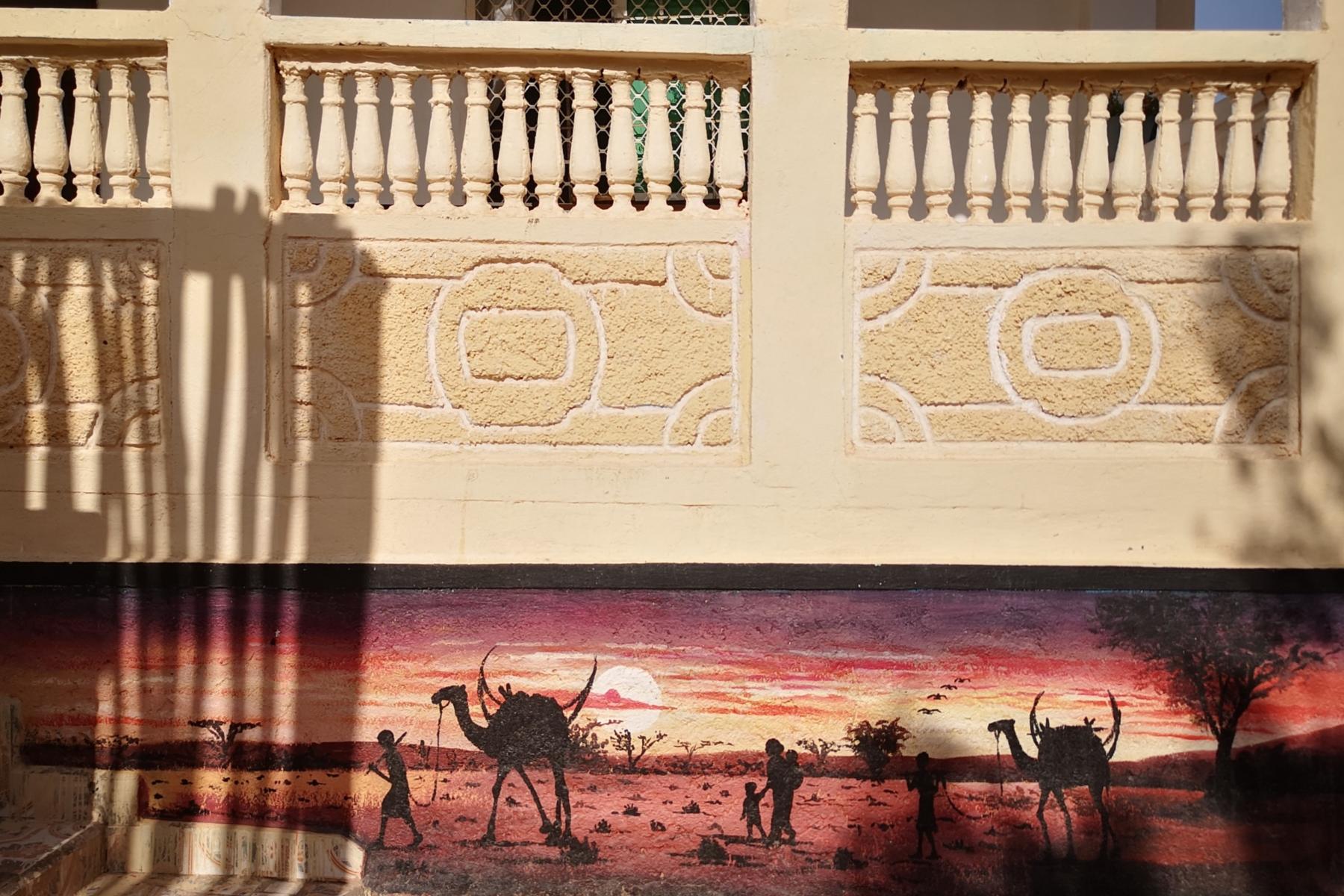 Brief2022Current trends and future scenarios of Somali diaspora engagementNauja Kleist, Ahmed Musa & Jethro Norman
Brief2022Current trends and future scenarios of Somali diaspora engagementNauja Kleist, Ahmed Musa & Jethro Norman -
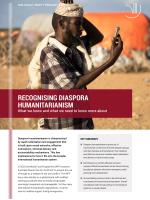 DIIS Policy Brief2021What we know and what we need to know more aboutMohamed Aden Hassan, Sahra Ahmed Koshin, Peter Albrecht, Mark Bradbury, Fatima Dahir Mohamed, Abdirahman Edle Ali, Karuti Kanyinga, Nauja Kleist, George Michuki, Ahmed M. Musa, Jethro Norman & Obadia Okinda
DIIS Policy Brief2021What we know and what we need to know more aboutMohamed Aden Hassan, Sahra Ahmed Koshin, Peter Albrecht, Mark Bradbury, Fatima Dahir Mohamed, Abdirahman Edle Ali, Karuti Kanyinga, Nauja Kleist, George Michuki, Ahmed M. Musa, Jethro Norman & Obadia Okinda -
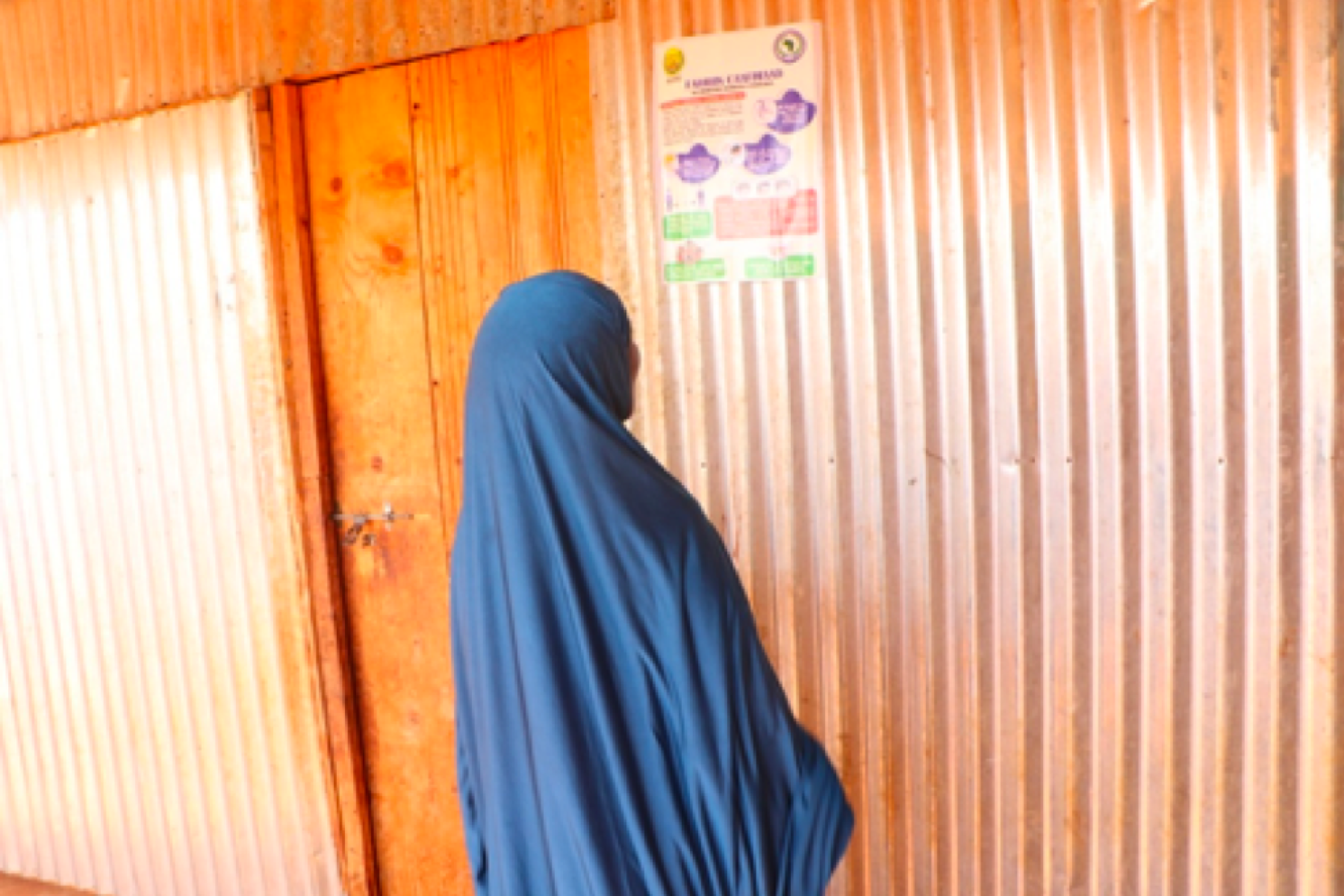 DIIS Comment2020Emerging Trends in Somaliland Diaspora Response to Covid-19Ahmed Musa, Jethro Norman, Mark Bradbury, Mohamed Aden Hassan & Nauja Kleist
DIIS Comment2020Emerging Trends in Somaliland Diaspora Response to Covid-19Ahmed Musa, Jethro Norman, Mark Bradbury, Mohamed Aden Hassan & Nauja Kleist -
 Photo/illustration by Pexels. Jens Mahnke. copyright licenseDIIS Comment2020Abdirahman Edle Ali, Abdirahman Mustaf Mohamed, Jethro Norman, Karuti Kanyinga & Peter Albrecht
Photo/illustration by Pexels. Jens Mahnke. copyright licenseDIIS Comment2020Abdirahman Edle Ali, Abdirahman Mustaf Mohamed, Jethro Norman, Karuti Kanyinga & Peter Albrecht -
 Photo/illustration by Pexels. Jens Mahnke. copyright licenseDIIS Comment2020Abdirahman Edle Ali, Ahmed Musa, Mohamed Aden Hassan, Nauja Kleist & Mark Bradbury
Photo/illustration by Pexels. Jens Mahnke. copyright licenseDIIS Comment2020Abdirahman Edle Ali, Ahmed Musa, Mohamed Aden Hassan, Nauja Kleist & Mark Bradbury
Kontakt



